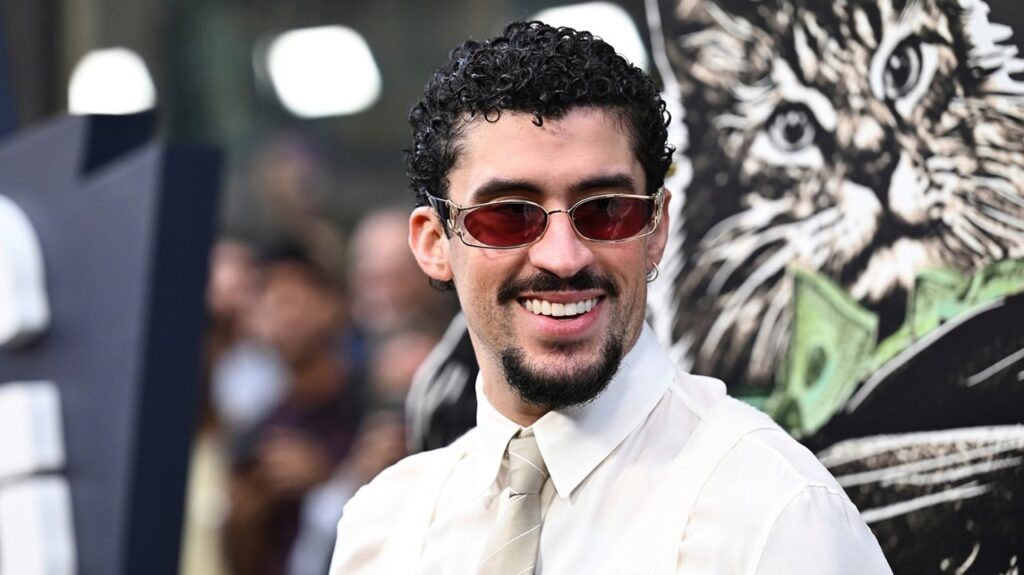House Speaker Mike Johnson has voiced strong disapproval over the NFL’s choice of Bad Bunny for the Super Bowl 2025 halftime performance, saying the league should have chosen someone with “a broader appeal.” He even suggested that country legend Lee Greenwood, famous for “God Bless the U.S.A.”, would have been a better fit.

Johnson Thinks Super Bowl Should ‘Unite Americans’
In a recent interview, Johnson said he believes the Super Bowl halftime show should bring people together. “It’s one of those rare times when the whole country tunes in,” he said. “We should have an artist who represents all of America, not just one style of music.”
His remarks quickly made headlines, sparking an online debate about culture, music, and politics.
Fans Split Over Johnson’s Comment
Supporters of Bad Bunny defended the artist, noting his global fan base and record-breaking music career. Others sided with Johnson, saying the NFL has shifted too far away from traditional American entertainment.
The disagreement once again shows how the Super Bowl halftime show — one of the most-watched events in the world — often becomes a cultural talking point far beyond sports.
Bad Bunny’s Massive Reach
Bad Bunny is one of the most streamed artists on platforms like Spotify and Apple Music. His energetic stage presence and genre-blending music have earned him fans around the world, making him one of the biggest pop stars of this generation.
Speaker Mike Johnson: Democrats Will Shut Down the Government Just to Satisfy Their Far-Left Base (2025)
The Greenwood Comparison
Lee Greenwood’s name instantly brought nostalgia to many fans who remember his patriotic performances over the years. Though his music style differs completely from Bad Bunny’s, both artists hold strong emotional connections with their audiences — just in different ways.
A Familiar Super Bowl Debate
The NFL hasn’t commented on Johnson’s criticism. Each year, the halftime show sparks new debates about which artists best represent the country’s diverse audience. This year seems no different, as Americans argue over whether pop icons or classic performers should headline the nation’s biggest stage.